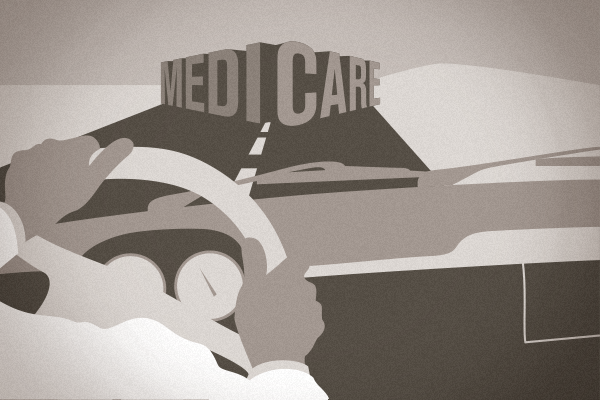Originally appeared on KevinMD.com
Yes, it really is time to revoke the health-care mandates issued by bureaucrats who ARE NOT in the profession of actual healing.
Daniel F. Craviotto Jr. writes on WSJ.com, “In my 23 years as a practicing physician, I’ve learned that the only thing that matters is the doctor-patient relationship.”
Craviotto, Jr. is a doctor who embodies the fight of Direct Care. How we interact and treat our patients truly is the practice of medicine. There’s a problem with the rising cost of health care (for starters, Oregon spent over $1,000 per subscriber on just a website to sign up for coverage that might not even provide a doctor).
